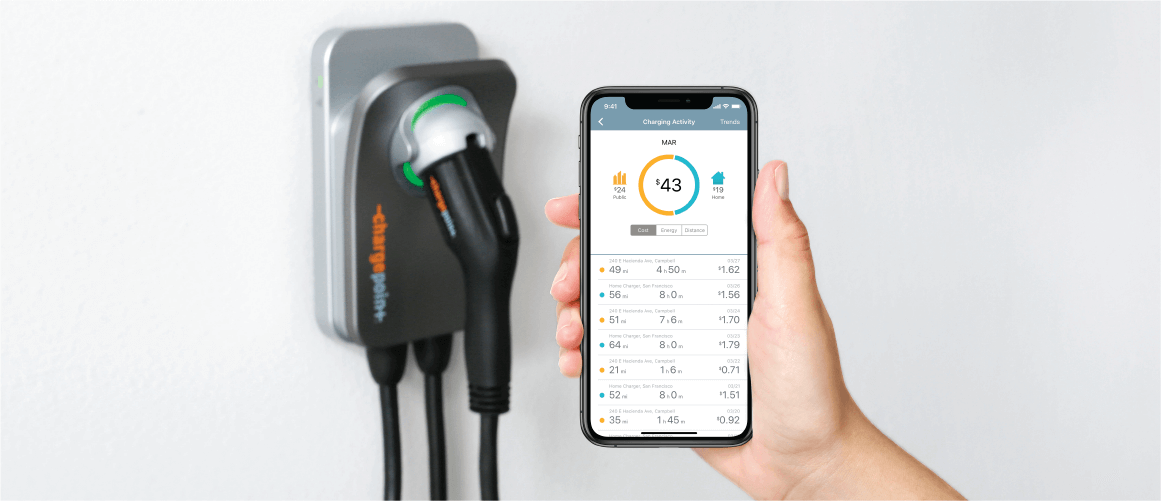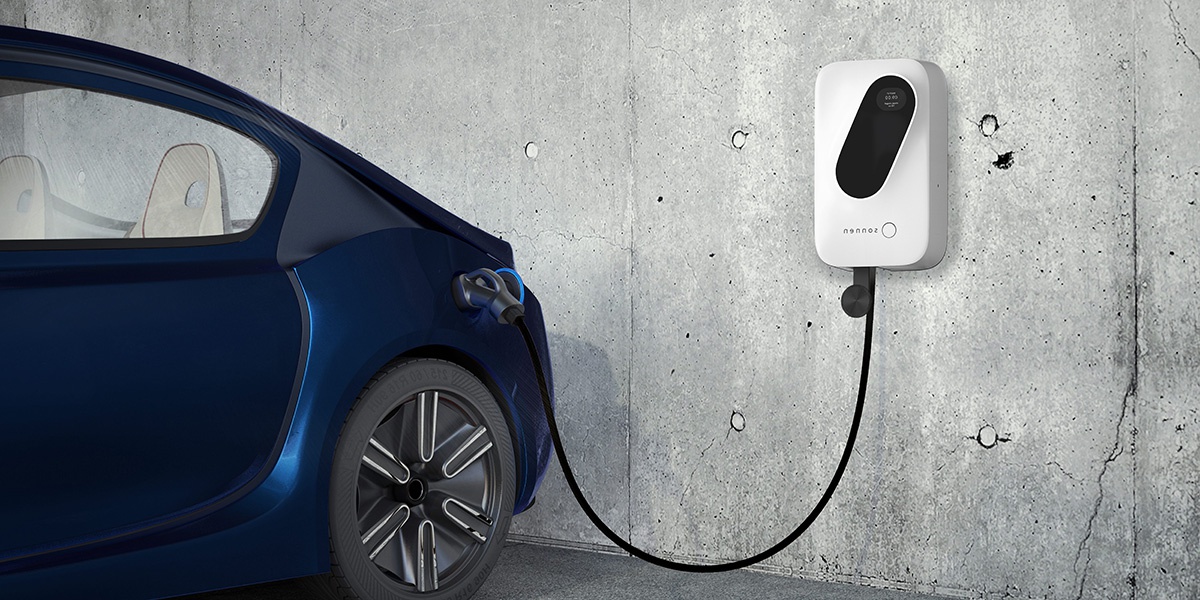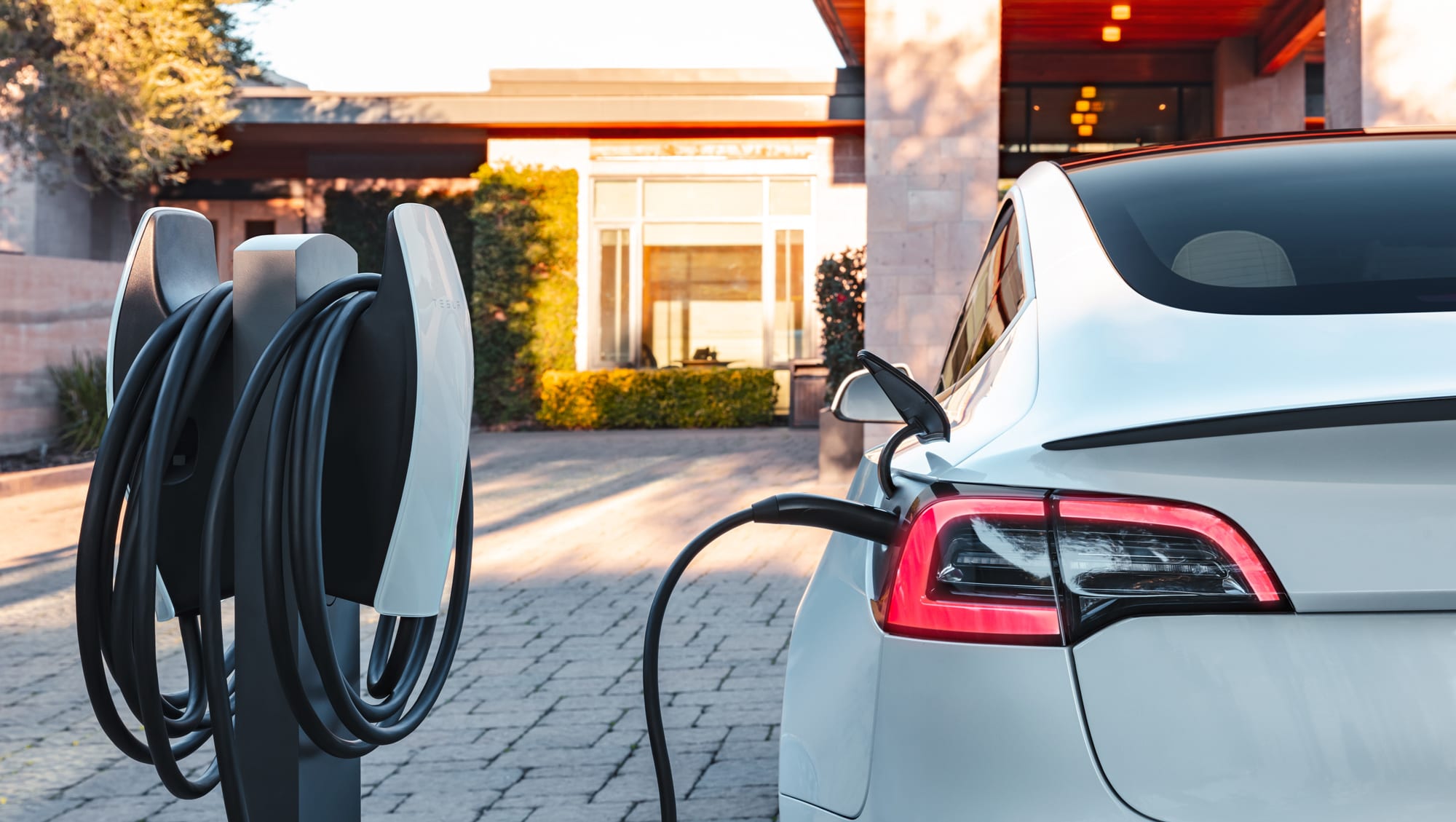Electric vehicles (EVs) are becoming increasingly popular, and the number of EV charging stations is growing across the country. If you want to install an EV charging station in your home or business, consider the factors that make an EV charger a good option for your situation.
Here are factors you should consider when deciding what type of EV charger will best suit your charging needs.
EV Charger Compatibility
EV chargers come in different shapes and sizes, so it’s important to know what kind you need. The first thing you should look at is the compatibility of your electric vehicle with the charger. You may consider whether the electrical charging cables are compatible with your car and ensure that the plug type on the EV matches that on the charger.
For example, if your car has a J1772 plug, the type 1 connector, then make sure there is a J1772 outlet on the charger. Another crucial type of plug includes the Combined Charging System (CCS), the type 2 connector you can find on most EVs such as Nissan Leaf cars, Tesla Model 3 cars, BMW i3s cars, and many more electric vehicles.
There’s also a CHAdeMO plug which you can use on a Tesla car. Whatever your charging needs are, look for a compatible EV charger. You can contact EV Charger Auckland experts for an affordable and flexible solution for all your EV charging needs.
Charging Time
The first thing you need to consider when choosing a charger is the charging time. How long will it take your car to charge? Some chargers are slower and can take up to 10 hours, while others can charge a vehicle in as little as 30 minutes.
Direct Current Fast Charging (DCFC) equipment provides higher amperage to the battery, resulting in faster charging times ranging from 20-30 minutes.
These chargers have increased safety features that reduce the risk of overcharging, which could cause issues with battery life. Achieving 50% charge usually takes 15-20 minutes with these fast chargers.
To get the most out of this charger, find one with a high kW output so it can power multiple cars at once if that is important to your needs.
Installation Type
When deciding on a charger, consider the installation that will meet your needs. A hardwired installation will require electrical wiring and is best if you live in a permanent residence.
A plug-in setup is usually best if you are renting a home or business space. The plug-in charger plugs into any standard outlet, and you can move it if necessary.
A plug-in setup requires less time to install and is better for people with mobility issues or who live in rental spaces that don’t allow alterations to their electrical system.
Plug-in chargers also take up less space and make it easier to charge multiple vehicles at once without running out of outlets. If you are installing your system, consult an electrician beforehand so they can make sure your equipment complies with local codes.
Location and Freedom of Space
Another vital factor when deciding on the perfect EV charging station is the size of your parking lot. However, this shouldn’t be too big of a problem if you have a large parking lot and can afford the space. However, if you don’t have enough space, it may be better to look at installing a smaller charger that’s more suitable for your needs. Next up is access to power.
You also want to factor in how much space and maneuverability you have around your house. If you have a detached garage with enough room for your car and the charger, this shouldn’t be too much of an issue, and a 4m cable would suffice.
However, finding one with sufficient cord length becomes more important if you have limited space around your home or workplace. A 4m length is adequate for a close range, but 12-15m is necessary for a long range. That way, you can access the charge from anywhere in your home!
Smart Features and Safety
One of the most important factors when choosing a charger is whether it’s safe. Not all chargers are created equal; some pose a greater risk while others are much safer.
Find a device with smart features and safety mechanisms to avoid accidents. Consequently, you can feel secure knowing that your home or business is safe from electric currents and other dangers.
For example, intelligent chargers provide over-current protection, so you never need to worry about electrical shocks while charging your EV.
They also prevent current leakage and make sure there’s no chance of damage to sensitive equipment like computers or appliances. As long as the unit offers these features, there will be fewer chances of fire and damage occurring due to faulty electrical wiring.
Also, if you have pets or young children who may interfere with an unattended charging station, consider looking for products with tamper-resistant cord locks. These will keep cords securely plugged into outlets while preventing unintended disconnections.
Conclusion
EV chargers are an excellent investment for your business, home, and environment. It’s, therefore, crucial to determine what will work best for you and your needs before purchasing.
However, a reliable electricity source and access to a 120-volt (Level 1) or 240-volt (level 2) outlet are necessary. An experienced EV systems vendor can help you choose the correct charger for your needs.
What works best may vary based on whether you’re looking for something that can power all your electric vehicle charging stations at once or if you need to provide power only when needed, like during peak demand times.
⚠ Article Disclaimer
The above article is sponsored content any opinions expressed in this article are those of the author and not necessarily reflect the views of CTN News






